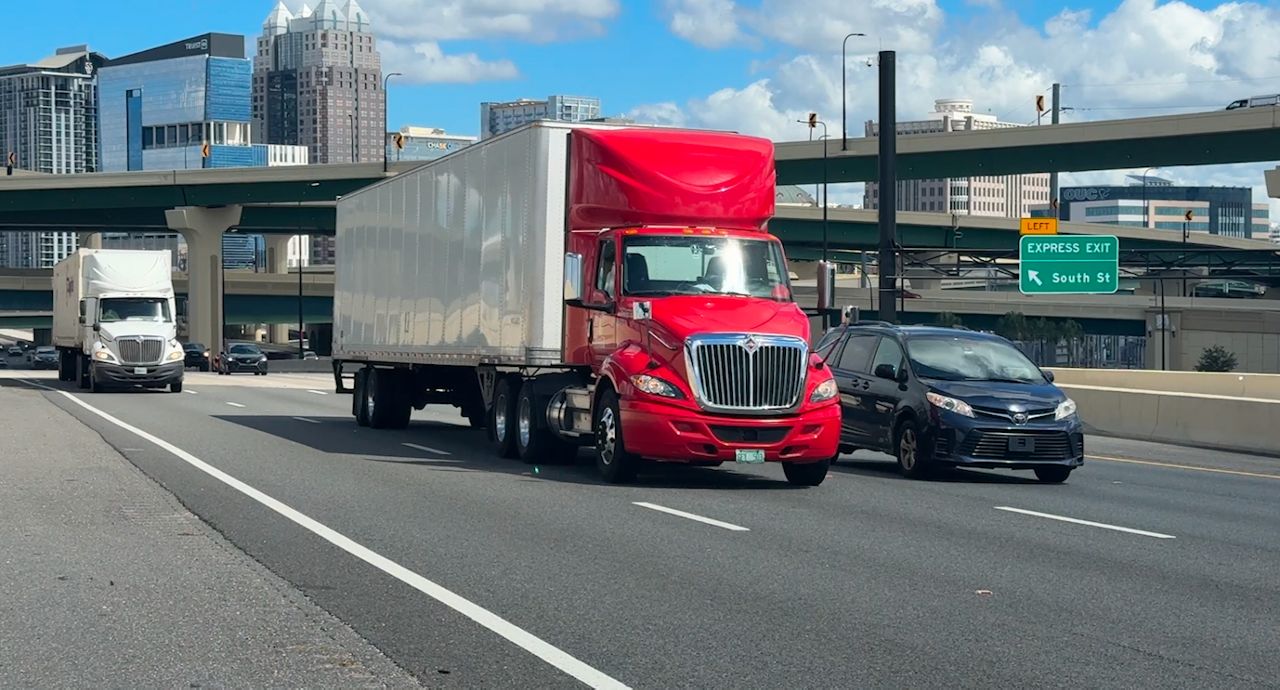ORLANDO, Fla. — It’s been a little more than 100 days since Florida’s new “Super Speeder” law took effect, criminalizing extreme speeding for the first time.
What You Need To Know
Florida’s “Super Speeder” law criminalizes extreme speeding for the first time
Drivers caught going 50 mph over the limit — or 100 mph in a reckless manner — can now face jail time
FHP says arrests spiked when the law first took effect, but are now slowing as awareness grows
Orange County deputies report more than 60 arrests since the law began in July
In just over three months since the law went into effect, law enforcement across the state is seeing the impact on Florida’s roadways.
“We did notice a high peak when the law first came into effect in July, where people didn’t really know or understood the serious consequences like jail time. Now that the word is getting around, now people are starting to slow down. We’re not seeing as many arrests, but they are still happening,” said Migdalisis Garcia, a trooper with the Florida Highway Patrol.
Garcia says the law makes it a criminal offense to drive 50 miles per hour or more over the posted speed limit, or to travel over 100 miles per hour in a way that threatens others.
“The point is definitely to bring down our fatalities in Central Florida and across the state,” Garcia said.
The Orange County Sheriff’s Office reports that more than 60 drivers have been arrested since the law took effect in July — many of those cases involving speeds well over 100 miles per hour.
When asked what message she has for drivers who may think speeding a little over 100 miles per hour isn’t a big deal, Garcia said:
“We don’t want to keep taking individuals to jail, having these hefty fines and impounding cars. The point here is education to slow down.”
Before the law passed, driving 50 miles per hour over the speed limit was only a civil traffic infraction, typically resulting in a $250 fine.
Now, it’s classified as a misdemeanor, requiring a mandatory court appearance. First-time offenders can face up to 30 days in jail, a $500 fine, or both.
“We’re still going to be out there, doing our jobs, educating the public,” Garcia said.
Officials say the law is about prevention, aiming to slow down drivers before high speeds lead to deadly outcomes.
The Florida Highway Patrol says it’s still too early to measure long-term results, but they hope this new law will continue to serve as a wake-up call for drivers across the state.

